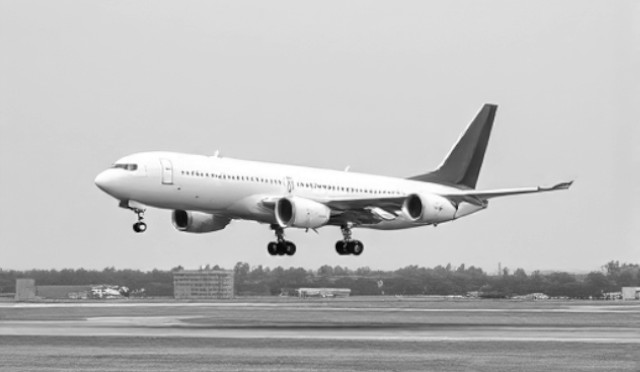Wizz Air Holdings Plc, Europe’s most emissions-efficient airline, has reported a strong first-half performance for the six months to 30 September 2025, underpinned by higher passenger numbers, improved punctuality and a rebound in profitability following a turbulent prior year marked by disruption and high fuel costs.
The Budapest-based carrier carried 36.5 million passengers during the first half of fiscal 2026, up from 33.3 million a year earlier, with load factors rising to 92.4 per cent. Capacity, measured in available seat kilometres (ASK), was 8.9 per cent higher year on year, though slightly below plan after the suspension of flights to Tel Aviv and the closure of its Abu Dhabi operations in September.
Revenue per available seat kilometre (RASK) edged up 0.1 per cent to €4.98 cents, reflecting stable ticket and ancillary yields. The first quarter was weaker, but RASK strengthened in the second quarter, climbing 25 per cent sequentially to €5.52 cents. Ex-fuel costs (CASK) rose 2.7 per cent overall, but trended lower in the second quarter as operational efficiency improved.
Wizz Air operating profit up 25.8 per cent
Earnings before interest, tax, depreciation and amortisation (EBITDA) rose 19 per cent to €981.3 million, driven by lower disruption charges, easing fuel costs and the absence of one-off leasing expenses that weighed on last year’s results. Operating profit increased 25.8 per cent to €439.2 million, while net profit advanced 2.6 per cent to €323.5 million, representing a 9.7 per cent margin.
- WH Smith: Shares dropping on weaker profits, FCA investigation
- Turbulence ahead for easyJet shareholders?
- Keep an eye on travel stocks this autumn
Wizz Air’s cash position improved by 14.3 per cent since March to nearly €2 billion, while net debt declined modestly to €4.8 billion. The company confirmed it expects to repay its €500 million bond maturing in January 2026 entirely from cash.
Chief executive József Váradi said the results “reflect the increased capacity deployed over the summer season” and highlight progress in “operational and commercial improvements.” The group’s strategic pivot, he added, involved withdrawing from higher-cost bases in Abu Dhabi and Vienna while expanding operations in lower-cost Central and Eastern European airports including Bratislava, Tuzla, Podgorica, Yerevan and Warsaw (Modlin).
Changes to aircraft delivery schedule
Váradi also confirmed a major revision of the group’s aircraft delivery schedule with Airbus, deferring 88 aircraft into the next decade and converting 36 A321XLR orders into the standard A321neo model. The move will moderate near-term fleet growth to a sustainable 10–12 per cent annually, extending Wizz’s order book to 2033.
The airline continues to grapple with the industry-wide Pratt & Whitney GTF engine inspections, though the number of grounded aircraft fell from 41 in June to 35 by the end of September. Wizz expects the figure to decline to 25–30 aircraft during fiscal 2027 as additional spare engines arrive.
Despite macroeconomic headwinds, Wizz Air maintained its outlook for full-year capacity growth of about 10 per cent, with costs expected to remain broadly flat year on year. Unit revenues are forecast to decline slightly, offset by higher load factors and continued fleet efficiency gains.
Best environmental performance in the sector
The group’s environmental performance also strengthened, with emissions intensity reduced to 51.2g of CO₂ per passenger kilometre, the lowest in the global airline sector, according to Cirium. Wizz Air was again named Most Sustainable Low-Cost Airline at the World Finance Sustainability Awards for the fifth consecutive year.
With an average fleet age of 4.6 years and 71 per cent of its aircraft now featuring new-generation engines, Wizz Air remains well positioned to capitalise on efficiency gains. As Europe’s largest ultra-low-cost carrier by fleet size and one of its youngest, the company continues to assert its role as a high-growth disruptor in the continent’s competitive aviation market.























Comments (0)